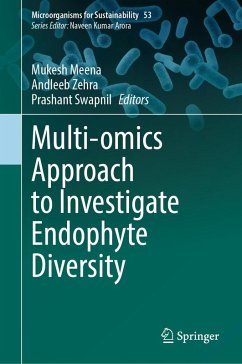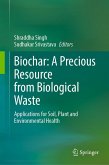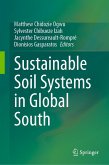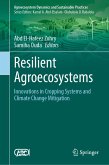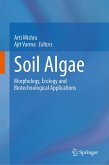This book deals with the multi-omics approaches to investigate the diversity of endophytes and their interaction with plants in diversified ecological systems. This book helps to integrate the omics approaches to understand the detailed structure of plant-microbial interactions and the mechanism of plant-microbe responses under various environmental conditions. It discusses different omics technologies including metabolomics, genomics, metagenomics, and volatilomics in plant disease. It also incorporates parts of the ecology and genetics of fungal endophytes, particularly how they identify with the host genome and the synthesis of significant and beneficial products. The proteomic trends of fungal endophytes is scrutinized, offering valuable insights for biotechnological applications. The book further explores the impact of fungal endophytes on nutrient cycling within the rhizosphere microbiome, providing a holistic view of their influence on nutrient dynamics and related microbialcommunities.
This book serves as a reference resource for researchers and practitioners working towards advancements in agriculture, environmental science, and biotechnology.
Dieser Download kann aus rechtlichen Gründen nur mit Rechnungsadresse in A, B, BG, CY, CZ, D, DK, EW, E, FIN, F, GR, HR, H, IRL, I, LT, L, LR, M, NL, PL, P, R, S, SLO, SK ausgeliefert werden.

